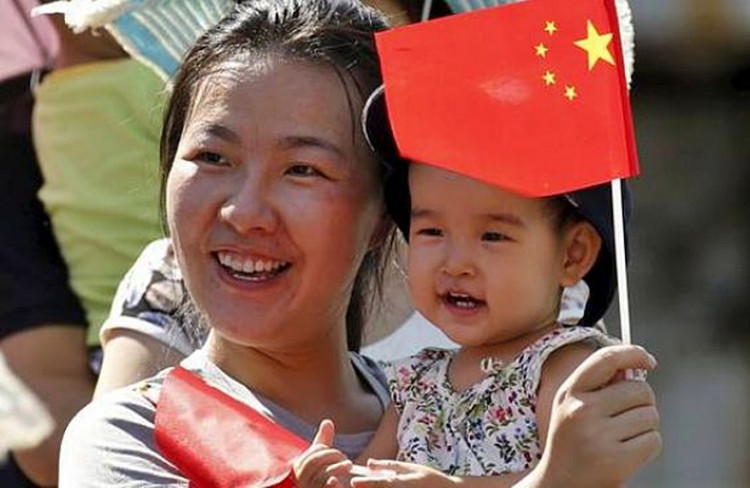Huohua Siwei, a China online education company for K-12 children that specializes in mathematics and science, is raising $100 million in funding led by Tencent Holdings.
The U.S. investment company The Carlyle Group and online education platform competitor Yuanfudao also participated. The company didn't say how it would spend the cash.
It raised $150 million in August. To date, the unicorn has raised up to $440 million. It was established in December 2017.
Investment In R&D
With an average price of about 100 yuan for one class, Huohua provides a one-to-many online interactive teaching, which is usually in the scale of 6 to 8 students. By using animated training programs, interactive games and props, it majorly markets itself for developing children's mathematics and science ability - which includes spatial thinking and graphics, computing power and logical reasoning.
As many as 250,000 children across China are using the platform to study mathematical reasoning, while some also learn Chinese and English via the platform, said Huohua Siwei.
A source in the company told Business Times that a major part of the new investment will go to the "super expensive" self-made training programs, with content created by over 100 art department employees and developed by nearly 1,000 employees in the research and development team. Monthly, the company invests up to 30 million yuan on producing the online training content, said the source.
In an internal letter, the CEO Luo Jian recently wrote to his employees that each online training program on the platform must go through a complex procedure including R&D, educational consulting and child psychology in order to ensure the product quality.
Of the new customers on the platform, 85% reportedly come from word-of-mouth introduction.
Matthew Effect
In the first half of this year, 49 domestic online education companies have seen successful funding rounds with a total of $14.34 billion altogether, which marks an historic high over the past five years, according to statistics released by investment consulting platform ocn.com.cn.
During this period, the top 10 companies - including Yuanfudao and Huohua Siwei - have seen a total $13.75 billion in funding, accounting for 95.89% of funds raised. Analysts said this industry has showcased "Matthew Effect," the idea that the rich get richer and the poor get poorer, as investors funneled cash into the top companies.
As of April, another online education unicorn company Yuanfudao raised $1 billion in Series G at a valuation of $7.8 billion, making it the most valuable ed-tech company in China. In August, it announced raising another round of $1.2 billion funding, with investment from Tencent Holdings, Hillhouse Capital Group and Boyu Capital. At a valuation of over $13 billion, it has become one of the most valuable ed-tech company around the world.
China's Education Fever
K-12 online training is one of the hottest sector of the domestic online education market. In China, the Matthew effect is a dominant philosophy in education, so Chinese parents are more than willing to spend heavily on giving their children's education a jump-start.
In July 2018, China's government issued a notice to ban kindergartens from teaching children content of elementary school such as calculation, Pinyin, computing and English, and encourage education through entertainment. However, driven by concern of being "left behind," many parents turned to private kindergartens and offline and online educational institutes.
Before the coronavirus pandemic, there was already high growth in the education sector, and COVID-19 has accelerated the development of its online sectors in China.
According to iiMedia Research, domestic online education market scale will reach 800 billion yuan by 2025, which is double the 400 billion yuan of market scale in 2019.





